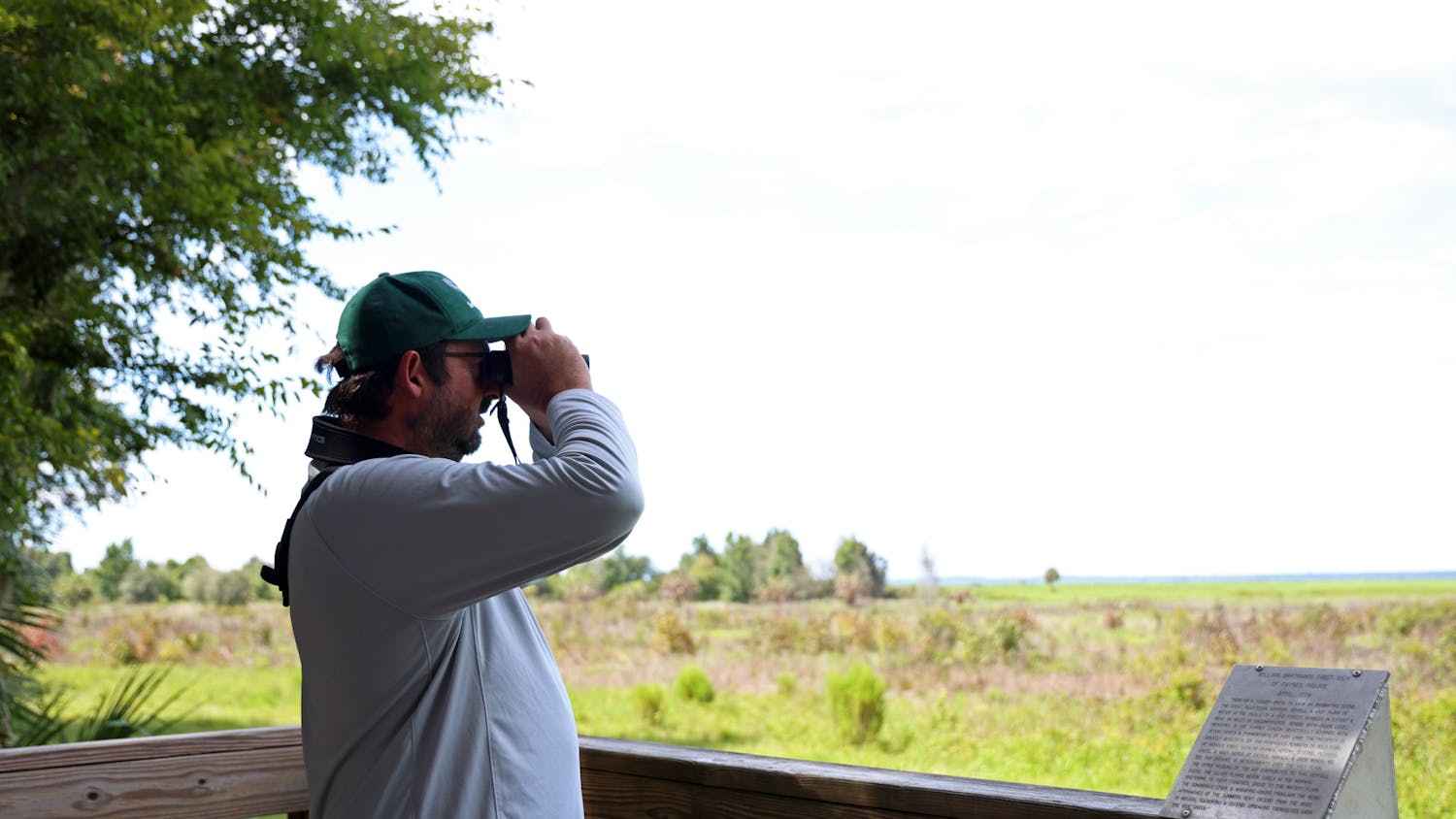A UF study has found that Florida's warm temperatures and wet landscape raise soil's ability to store carbon and reduce greenhouse gas emissions.
The study's results appeared in the September issue of the Science of the Total Environment journal.
Professor Sabine Grunwald, a UF Institute of Food and Agricultural Sciences soil and water science professor, led the study. She was motivated to understand how the carbon cycle works with climate change and what effect it had on soil's carbon storage.
Researchers used 45 years of data to find the state's climate and agricultural production is improving because the soil is storingthe buildup of carbon-based gases in the atmosphere, she said.
“Many people look at soil and think ‘we don't care,’ and actually everyone should care,” Grunwald said. “This is our livelihood. We could not exist without healthy and good soil, and usually that means carbon-good soil.”
Florida has the highest carbon storage, she said. The more water there is in the soil, the more likely it is to store carbon. This impacts food production and clean drinking water.
Carbon dioxide is naturally found in the atmosphere, but too much can be produced, creating a shield that traps the energy within the atmosphere, causing the global warming effect. The soil acts as a container of the gas, which reduces the amount of gas that goes into the atmosphere, she said.
“If the soil is helping to slow down global warming, I'm all for it,” said Denise Robinson, a 21-year-old UF journalism senior.
In the three-year study, researchers looked over data from 1,251 soil samples collected across Florida from 1965 to 1996, according to a UF/IFAS press release.
Grunwald plans to make a carbon storage assessment across the U.S. She will look for ways that government agencies can make wise decisions about how to maintain landscapes.
Grunwald said by publicizing her data she will be able to expand her soil-carbon research.
“We will gain some visibility by promoting these programs and making this data available,” she said.
[A version of this story ran on page 5 on 10/2/2014]





